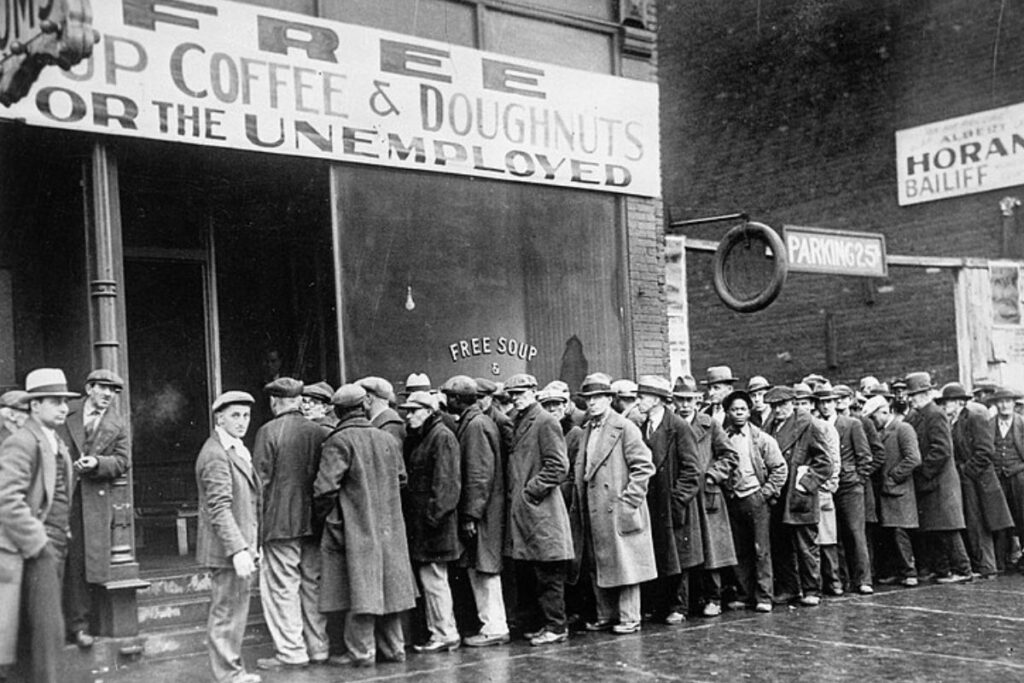The 20th century was packed with defining moments that shaped how we live today. From scientific breakthroughs to major wars and cultural revolutions, it was a century of rapid change and lasting impact. Here are ten significant events that left their mark on history.
The Sinking of the Titanic
The Titanic was the largest and most luxurious ship of its time, but its maiden voyage ended in tragedy. After striking an iceberg, the “unsinkable” ship sank, killing over 1,500 passengers and crew. The disaster shocked the world and led to major changes in maritime safety, like requiring lifeboats for all passengers. More than a century later, the story of the Titanic still fascinates us.
World War I Begins
World War I, also called the Great War, changed the global landscape forever. Sparked by the assassination of Archduke Franz Ferdinand, it quickly escalated into a massive conflict involving much of the world. The war introduced trench warfare, new weapons like tanks and gas, and caused devastation on an unimaginable scale. Its aftermath redrew borders, dissolved empires, and sowed the seeds for future conflicts.
The Great Depression
When the stock market crashed in 1929, it triggered a worldwide economic crisis. Millions lost their jobs, banks collapsed, and poverty spread across countries. Governments scrambled to create solutions, leading to reforms like the New Deal in the U.S. The Great Depression changed how economies were managed and left a lasting impression on global financial systems.
World War II
World War II was the deadliest conflict in history, involving almost every nation on Earth. It was a fight between the Axis powers, led by Nazi Germany, and the Allies, who ultimately prevailed. The war saw horrors like the Holocaust and milestones like the first use of nuclear weapons. Its end reshaped the world, dividing it into two opposing blocs and starting the Cold War.
The Moon Landing
When Neil Armstrong stepped onto the moon, it marked one of humanity’s greatest achievements. The Apollo 11 mission wasn’t just about winning the space race against the Soviet Union—it symbolized the possibilities of science and exploration. Armstrong’s iconic words, “That’s one small step for man, one giant leap for mankind,” captured the hope of the moment. The moon landing inspired generations to look beyond our planet for new frontiers.
Civil Rights Movement in the U.S.
The Civil Rights Movement was a fight for racial equality and justice in America. Led by figures like Martin Luther King Jr., it challenged segregation and discrimination through peaceful protests and legal battles. Landmark victories, like the Civil Rights Act of 1964, ended legal segregation and inspired global movements for human rights. The movement proved that persistence and nonviolence could bring lasting change.
The Fall of the Berlin Wall
For almost 30 years, the Berlin Wall symbolized the divide between communist East and democratic West. When it was torn down in 1989, it marked the end of the Cold War and the reunification of Germany. The event was a powerful moment of unity and freedom, with images of people breaking the wall becoming instantly iconic. Its fall also signaled a shift toward greater cooperation in a post-Cold War world.
The Discovery of Penicillin
Alexander Fleming’s discovery of penicillin changed medicine forever. This accidental breakthrough became the first widely used antibiotic, saving millions of lives from infections. It revolutionized healthcare, making treatments for once-deadly diseases routine. Penicillin’s impact is still felt today, as it paved the way for modern antibiotics.
The End of Apartheid
After decades of racial segregation in South Africa, apartheid officially ended in the early 1990s. Nelson Mandela, who spent 27 years in prison, became the country’s first Black president and a global symbol of reconciliation. The peaceful transition to democracy was a testament to resilience and forgiveness. The end of apartheid inspired hope for justice and equality worldwide.
The Internet Goes Mainstream
The internet transformed how we connect, work, and live. Though it began decades earlier, the 1990s saw it go from a niche technology to a household necessity. Email, websites, and online chat became part of daily life, changing everything from communication to shopping. The internet laid the foundation for the digital world we live in today.
These moments didn’t just happen—they shaped the way the world works, paving the way for progress and change. Each one reminds us how history is built on decisions, discoveries, and resilience.

